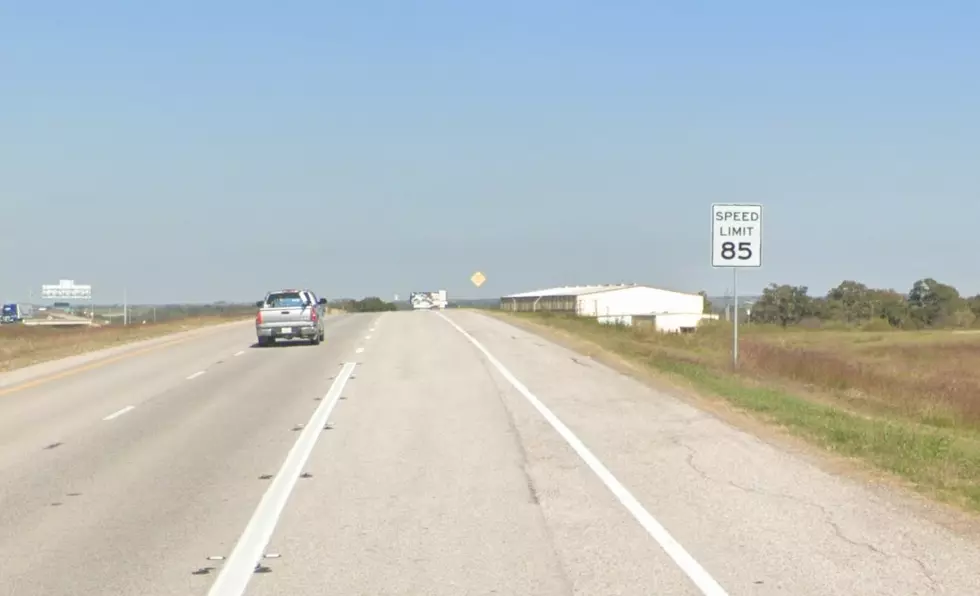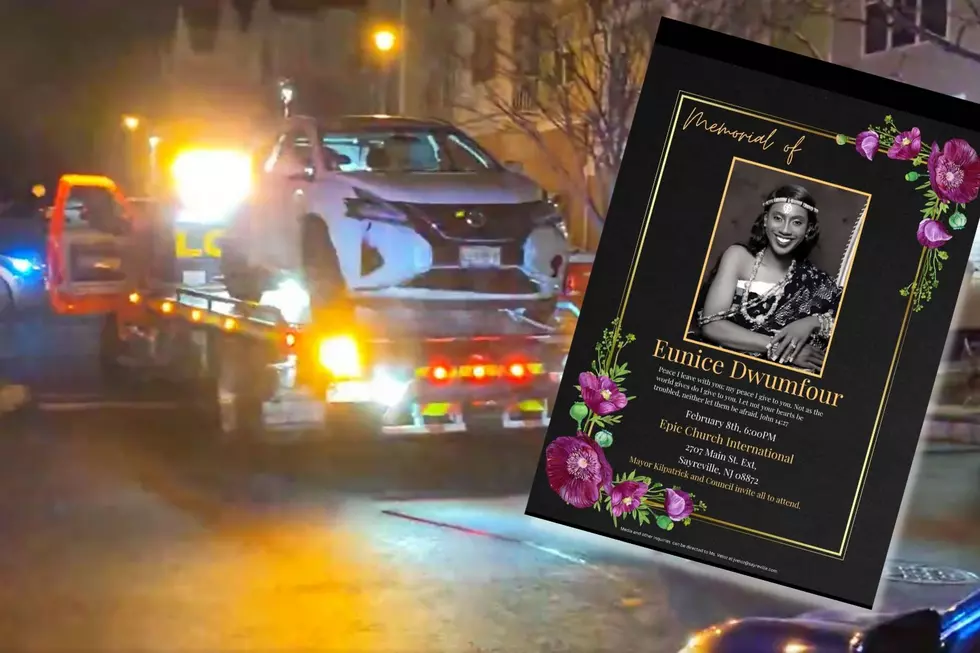
Go Speed Racer, Go: Should Some NJ Roads Have an 85 MPH Speed Limit?
For those that occasionally exceed the speed limit here in the great Garden State, allow me to pose this question: should New Jersey's speed limit be raised to 85 MPH?
Before you answer that question (even though you probably already have) and take our poll at the end, here's some background information.
Years ago, portions of Interstate 35 in Texas were seeing a huge increase in the amount of truck traffic, particularly around San Antonio and Austin, so the Texas Department of Transportation decided to build a bypass, or secondary highway, that ran just east of those two big cities (Texas Route 130). So far, a pretty straightforward solution to a problem.
But they took a not-so-straightforward approach to get people to use the new road.
For starters, it opened as a toll road (we're used to that here in New Jersey) but in an effort to get drivers off of Interstate 35 and onto Texas 130, they gave the road the fastest speed limit in the nation (and one of the fastest in the world): 85 MPH.

Their theory was a simple one. As stated in the Texas Tribune back in 2012,
The Texas Department of Transportation has expressed hope that the higher speed limit on the toll road will ultimately draw a significant number of drivers away from congested roads in Austin and San Antonio.
In other words, you can crawl along on I-35 at a snail's pace or, for a few bucks, you can use this new road and legally drive 85 MPH.
Certainly, an interesting theory.
Before I circle back to my original question, let's look at the road itself.
Here's a video from when the road first opened about a decade ago:
A large portion of Texas 130 runs in the middle of nowhere. It's wide-open countryside. Even in Google Maps pictures from last year, not much has been built around where you can drive 85 MPH and there really aren't that many cars using that road.
And, yes, the left lane is only for passing. Let's face it, if you are going below the speed limit in the left lane of this highway, big problems might arise.
When it comes time to leave this highway, when the speed limit is 85, you have to "slow down" to 65 MPH to exit.
Plus, this road was designed to handle higher speeds.
Now that you have an idea of what this road is like, I'll ask the question again: should New Jersey have an 85 MPH speed limit?
Or, I guess the proper question to ask is, could drivers in New Jersey handle an 85 MPH speed limit?
I'm not suggesting that we post an 85 on the Black Horse Pike in Atlantic County or on Route 37 in Toms River. But, theoretically speaking, what about an 85 on some very limited sections of some limited access roads in New Jersey? What about the lower sections of the New Jersey Turnpike or Interstate 295 between the Delaware Memorial Bridge and Route 322? What about the section of the Garden State Parkway between Little Egg Harbor and Smithville? What about the Atlantic City Expressway between Hammonton and the $4 tolls?
Or, how about this: would you be willing to pay a significantly higher toll (that would, by default, reduce the amount of traffic) to drive at a significantly higher speed? Imagine these two roads that parallel each other: would you pay a lot more to legally drive at 80 or 85 MPH on the NJ Turnpike as opposed to neighboring I-295 that would stay at 55 or 65 MPH?
Again, I'm not advocating for "speed limit 85" signs to become the norm in New Jersey, I'm just throwing out some theoretical questions.
And it's interesting to note that it appears that this is the only road in Texas with such a speed limit. While some other roads in Texas have 80 MPH speed limits set, this is the only one at 85.
The 25 Most Dangerous Roads in New Jersey
Examples why 440/287 can be both potentially dangerous, and unnecessarily confusing
More From Rock 104.1










